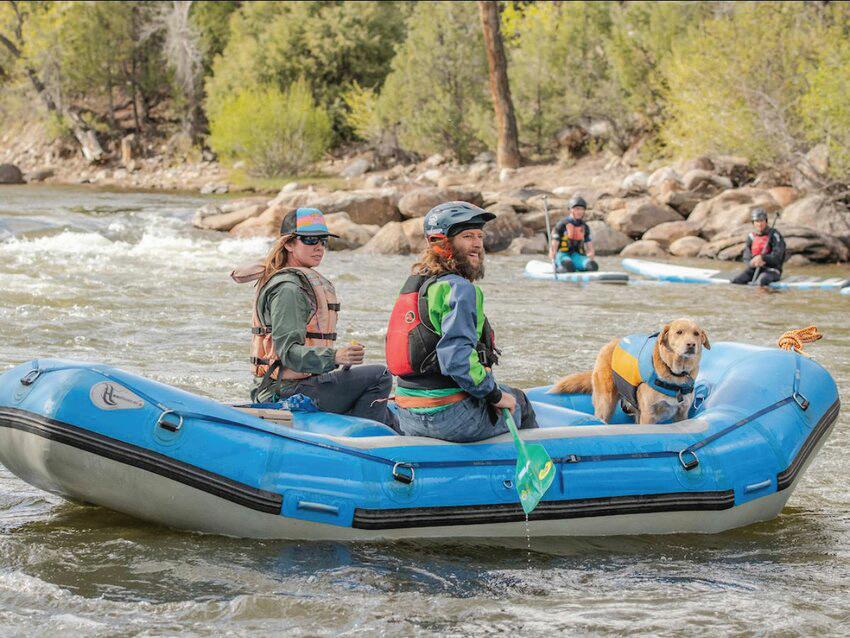
2 minute read
EXACT SAME COVERAGE UP TO HALF THE COST.
less than 25 horsepower ratings. e RAQC’s recommendation, which may rst be heard by the AQCC in August, would ban the sale of new gas-powered smaller equipment in the nine-county nonattainment area on Jan. 1, 2025. It would also ban the summertime use of existing gas-powered smaller equipment by institutions or “public entities,” and the private contractors they use, starting June 1, 2025, in the same nonattainment area. And, ban commercial entities from using existing smaller gas-powered equipment during summer months starting June 1, 2026.
All of the restrictions apply to internal combustion engines smaller than 25 horsepower. ere are exemptions built into the proposal that the RAQC expects the state will honor, including allowing institutional use to prepare for or clean up from emergencies, or for re mitigation.
e EPA in 2008 set national ozone health limits of 75 parts per billion, then revised it further downward in 2015 to 70 ppb. Colorado’s most populous counties have been violating those standards for years, and after some gains have recently moved again in the wrong direction.
Colorado air pollution monitoring o cials have said gas lawn and garden equipment contributes 2.5 ppb to that total on an average day. (Front Range monitors in recent summers have frequently registered daily highs 80 ppb and above.) Large portions are also blown in from out of state, or created by emissions from oil and gas production — facing multiple rounds of new controls — and vehicles, where rules have been passed to encourage transition to clean electric power.
Compared to the other portions of the 70 ppb standard that Colorado has the power to control, lawn and garden equipment now stands out velop larger electric-powered lawn equipment to satisfy commercial and institutional demands, and for homeowners and small businesses to use subsidies to change over their equipment.
Still, the Associated Landscape Contractors of Colorado asked the RAQC to consider its moves carefully, warning of potential harm to what it calls a $3 billion industry across the state.
“Unlike a homeowner that uses an electric powered leaf blower or mower for less than an hour, in a given week, the landscape industry is operating commercially using this equipment daily, under rigorous conditions and for long durations,” said a statement from the contractors submitted to the RAQC’s public hearing.
But RAQC and other o cials say that’s the same reason the controls must be extended to commercial operators: eir gas machines are running all day, every day, and contribute more to the ozone problem.
Since the homeowner equipment ban is a sales restriction, not a ban on using existing gas equipment, a metro Denver buyer could in theory drive to Colorado Springs outside the nonattainment area and buy a traditional gas mower.
But, RAQC spokesperson David Sabados said, “we’re seeing retailers already transitioning to electric, so I don’t think there will be that many gas models that will be available in the greater region anyway.” is story is from e Colorado Sun, a journalist-owned news outlet based in Denver and covering the state. For more, and to support e Colorado Sun, visit coloradosun.com. e Colorado Sun is a partner in the Colorado News Conservancy, owner of Colorado Community Media.









